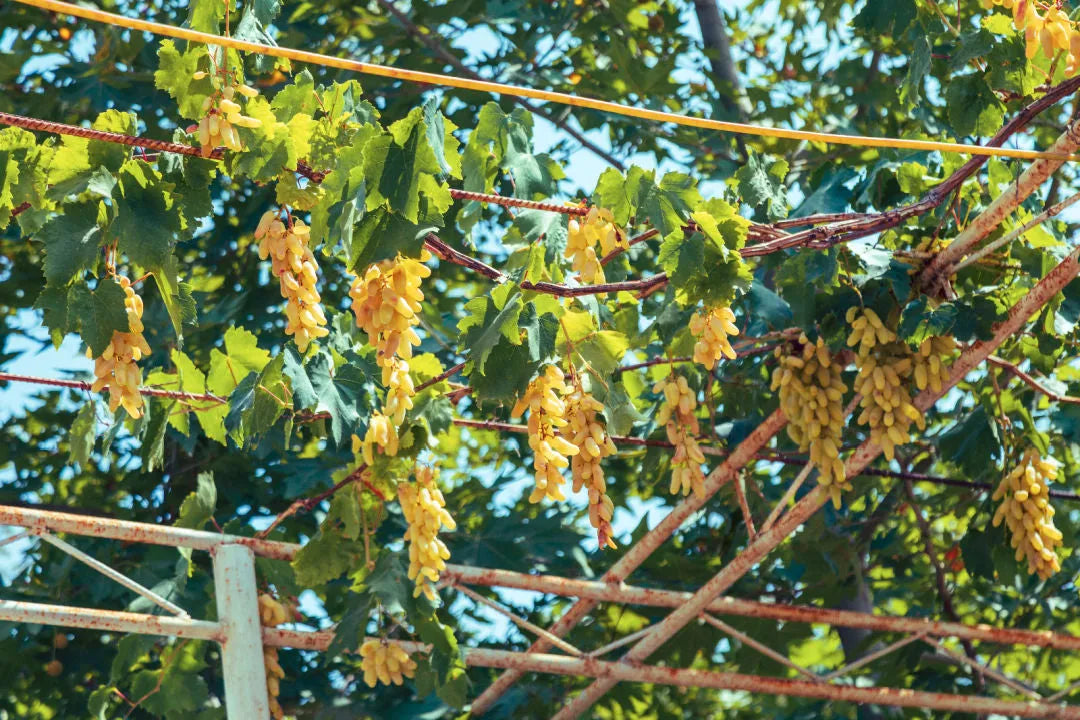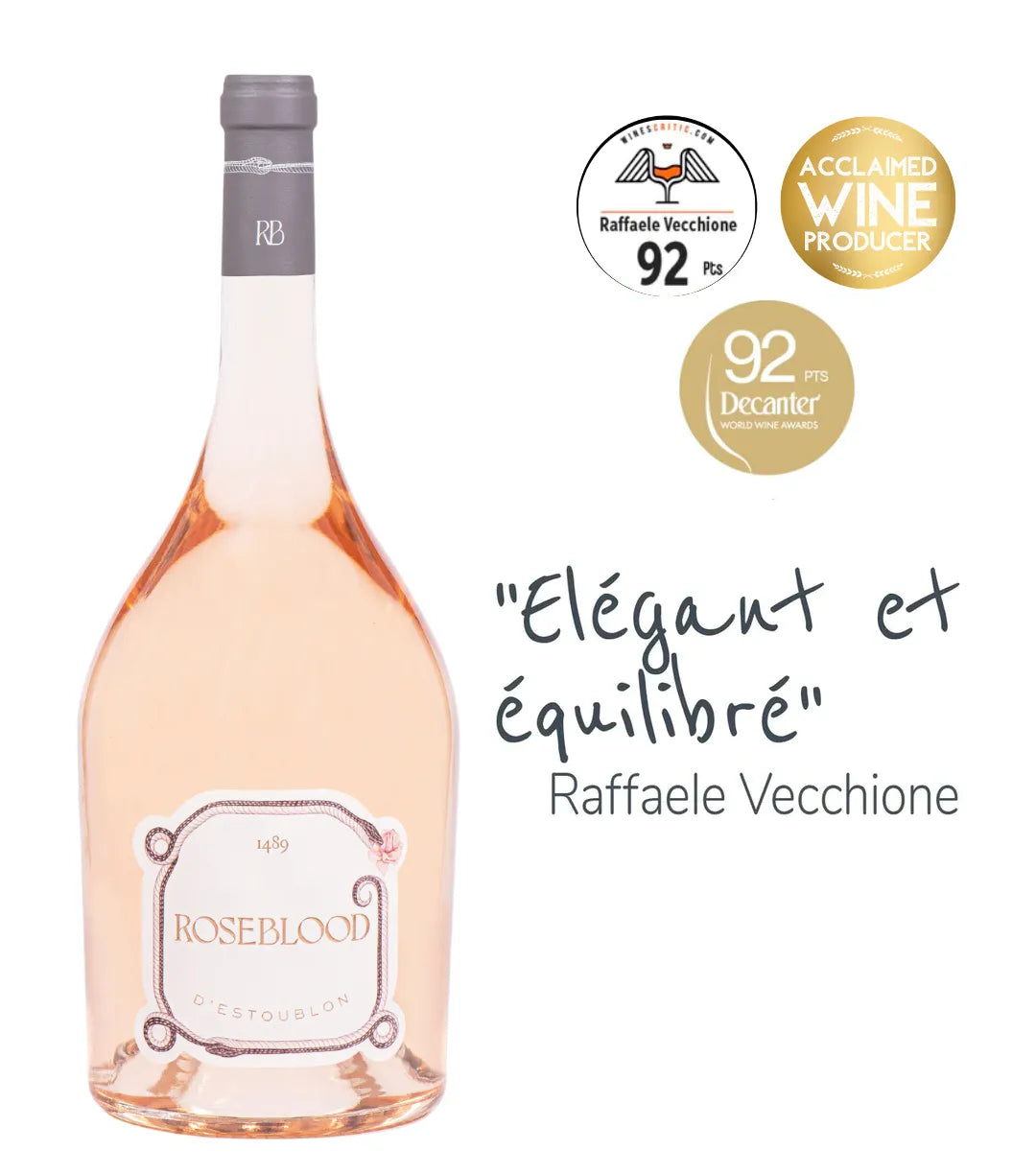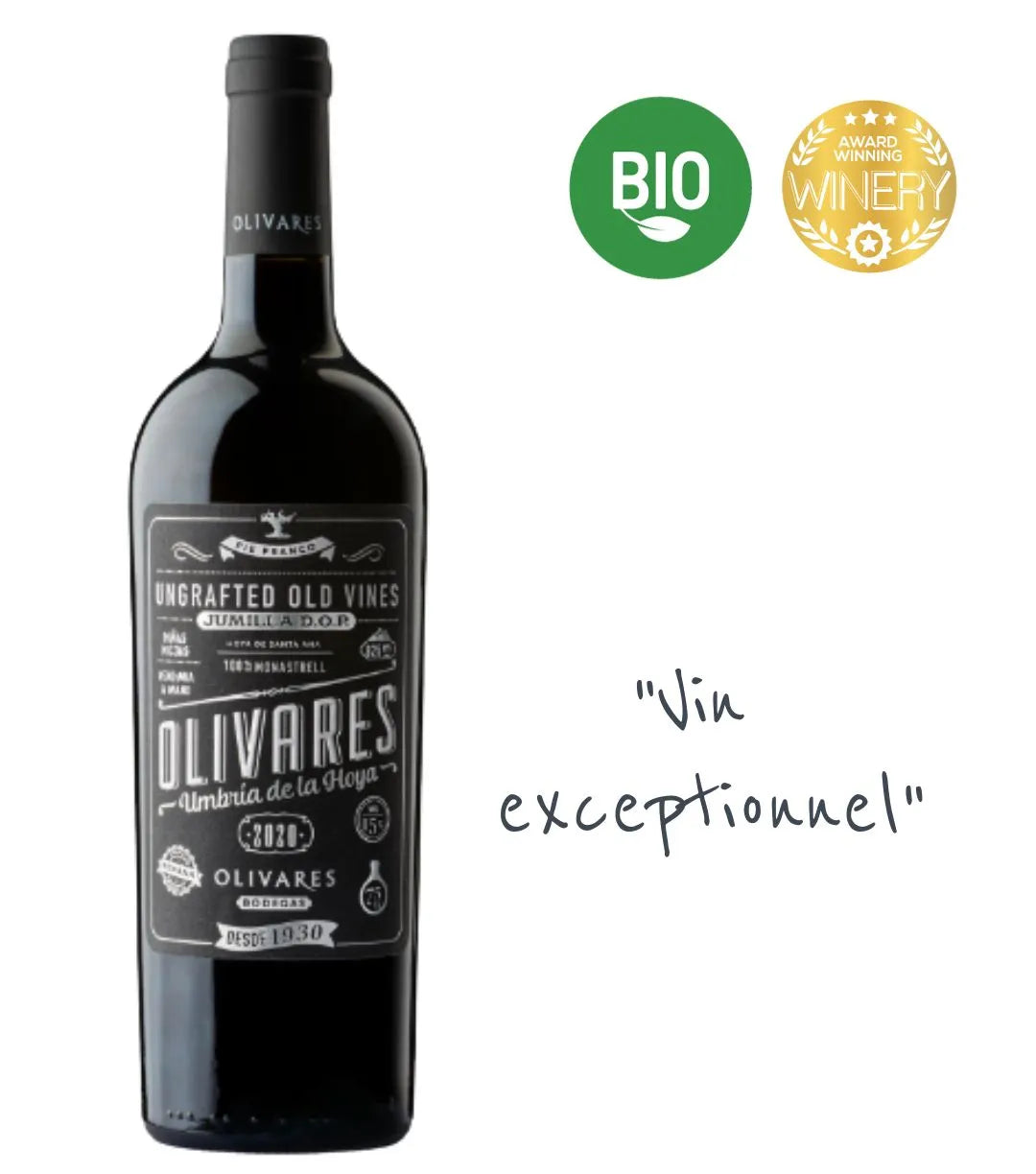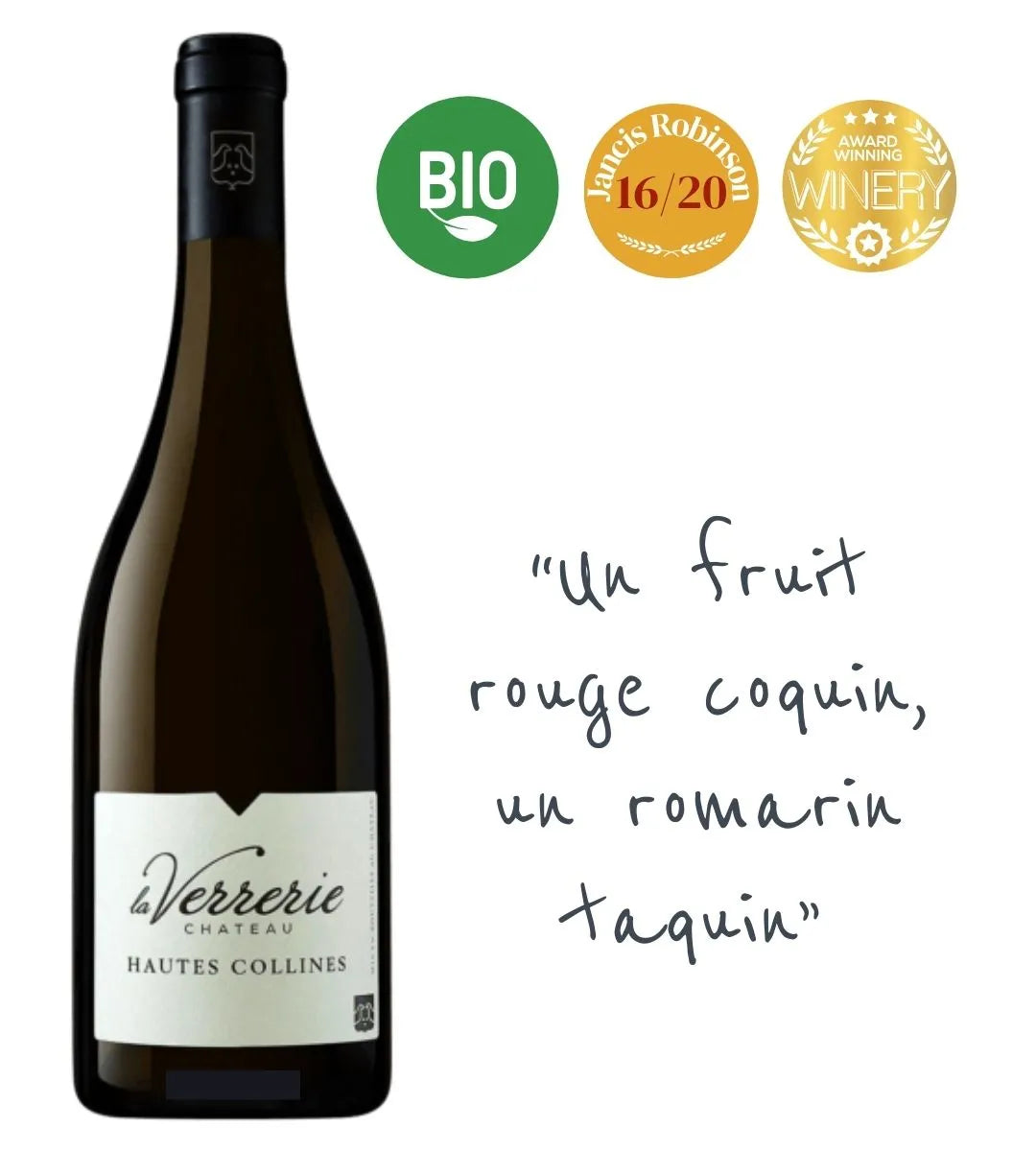
Our Organic Wines
Our Organic Wines
Organic wine is produced from organically cultivated grapes with minimal intervention. In other words, the wine's body is a temple and only natural elements may enter. Biodiversity and natural resources are essential for the win! Organic vineyards are dedicated to organic winemaking practices, ensuring the production of wines that are sulfite-free. Greta Thunberg would be proud of these sustainable and environmentally conscious choices.

Margaret River, Australia

Côtes du Rhône Village AOC Rhône, France

Margaret River, Australia

Ferguson Valley, Australia

Côtes du Rhône Villages AOC Rhône, France


South Australia, Australia


McLaren Vale, Australia
Our Organic Wines
In the world of viticulture and winemaking, organic wine has carved a significant niche, appealing to those who seek healthier, more environmentally friendly options.
What is Organic Wine?
Organic wine is crafted from grapes grown in vineyards adhering to organic farming principles. This means no synthetic pesticides, herbicides, or fertilizers are used. Instead, organic vineyards rely on natural methods such as composting, green manure, and crop rotation to maintain soil health and biodiversity.
Organic Vineyard Practices
The journey of organic winemaking begins in the vineyard. Organic vineyards prioritize soil health and ecological balance. Farmers use cover crops to prevent erosion and enhance soil fertility. Natural predators like ladybugs are introduced to control pests, eliminating the need for chemical interventions. This approach not only supports a healthy ecosystem but also contributes to the distinctive taste profile of organic wines.
Organic Winemaking
Once the grapes are harvested, the winemaking process continues to follow strict organic standards. Organic winemaking avoids synthetic additives and often limits the use of sulfites. Sulfites, commonly used as preservatives, can be controversial due to their potential health impacts. Many organic wines are made with minimal or no added sulfites, appealing to consumers seeking sulfite-free options.
The Nuances of Vegan and Biodynamic Wines
While all organic wines adhere to specific environmental standards, vegan and biodynamic wines introduce additional layers of complexity and philosophy.
Vegan wine is produced without the use of any animal-derived products. Traditional winemaking often involves fining agents like egg whites, gelatin, or fish bladder, which help clarify the wine. Vegan winemaking replaces these with plant-based alternatives such as bentonite clay or activated charcoal. This ensures that no animal products are involved at any stage, making the wine suitable for vegans.
Biodynamic wine takes organic practices to another level, incorporating holistic and spiritual elements. Originating from the ideas of Rudolf Steiner, biodynamic farming views the vineyard as a self-sustaining ecosystem. It involves lunar and cosmic rhythms to guide planting and harvesting times.
Biodynamic vineyards use preparations made from fermented herbal and mineral solutions to enhance soil and plant health. These practices are believed to improve the vitality and quality of the grapes, resulting in wines with unique, expressive flavors. Biodynamic wines can be red or white, each reflecting the vineyard's terroir with exceptional clarity.
Organic Red Wine and Organic White Wine
Organic wines come in a variety of styles, with organic red and white wines being the most prominent.
Organic sparkling wines, including Champagne, also offer vibrant and elegant options made with the same respect for nature.
Organic red wines are known for their robust and diverse flavor profiles. Grapes like Cabernet Sauvignon, Merlot, and Pinot Noir thrive in organic vineyards, producing wines rich in character and complexity. The absence of synthetic chemicals allows the natural flavors of the grape to shine, often resulting in a more authentic taste experience.
Organic white wines, made from grapes such as Chardonnay, Sauvignon Blanc, and Riesling, are celebrated for their crisp and vibrant qualities. Organic farming practices enhance the aromatic profiles of these wines, offering a pure and refreshing drinking experience. The meticulous care in both vineyard and cellar ensures that organic white wines maintain their delicate balance and nuanced flavors.
Organic wine represents a commitment to environmental stewardship, health, and quality. From the meticulous care in organic vineyards to the careful, chemical-free processes in the cellar, organic winemaking is a labor of love that respects nature and enhances the authenticity of the wine. Whether you opt for an organic red wine, a crisp organic white wine, or explore the realms of vegan and biodynamic wines, the choice for organic is a step towards a more sustainable and flavorful future in winemaking.




































